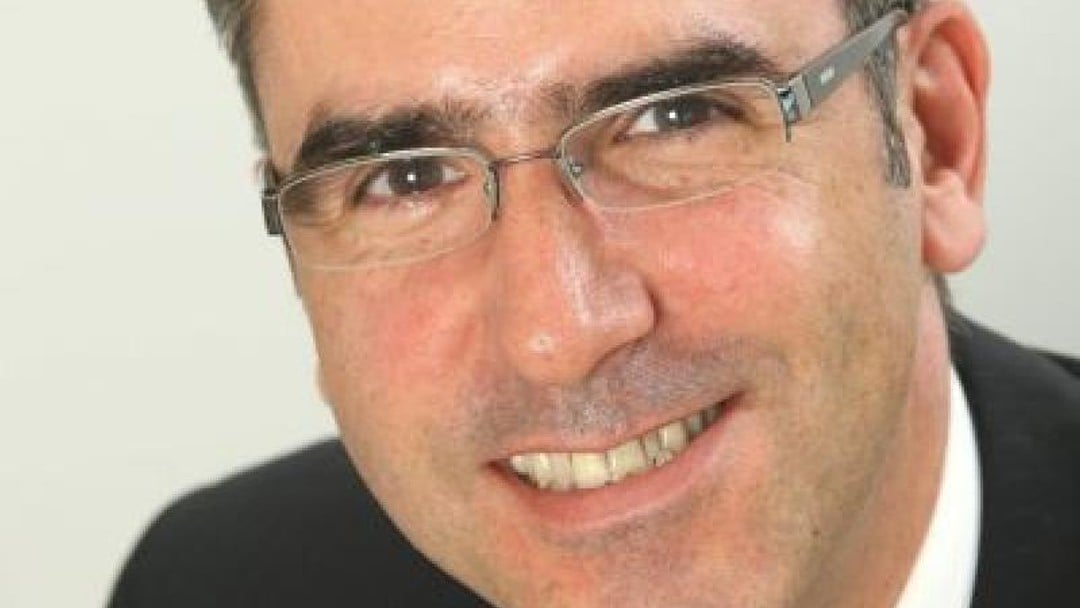Have pensions finally found their sex appeal?

By Colin Lawson
After a groundbreaking Budget, pensions are back on the agenda and simply cannot be ignored, says Colin Lawson
At the start of March, when presenting a seminar, I was asked what I thought would be in the Budget. I glibly replied: "I can almost guarantee there will be nothing of interest!" What actually transpired was a Budget that will revolutionise the savings market for years to come.
Groundbreaking is a term that is used far too frequently, but in this case it's almost an understatement. To allow people unlimited access to their own pension fund at any time after age 55 will completely change the way people save for their retirement.
If, like me, you're in your mid-40s, a pension plan is no longer a long-term savings vehicle in which you tie your money up for the rest of your life. It's now been transformed into a flexible ten-year savings plan.
You can get up to 45 per cent tax relief (in some cases that can rise upwards of 60 per cent through salary sacrifice), and then from age 55, any time you want some money from your pension, you can have as much as you want, whenever you want.
A quarter of it will be entirely tax free and then it's up to you to decide if you just want to take enough to pay 20 per cent, 40 per cent or 45 per cent tax. You can do what you like. And if you do choose to leave it there, it's all growing in a nice tax-friendly shelter.
Seriously, how good is that? In fact, it's so good that I am excited about pensions again.
I am expecting the phone to ring off the hook, with high earning lawyers desperate to make pension contributions and fill their boots with all that lovely tax relief.
Unprecedented flexibility
In my opinion, there's no excuse for not contributing to a pension yourself now we have this unprecedented flexibility. However, there are also numerous opportunities for your clients, so let's take a look at a couple of fun ones.
How about Joe, 55, earning £40,000 pa plus a bonus of 100 per cent of salary? So, that's £80,000 gross, £58,373 net (after income tax deductions but excluding National Insurance). He's never put a bean into a pension. Now he wants to pay in the equivalent of the whole £80,000 by transferring money from his unit trust savings account (yes, he doesn't even need to write a cheque). He only needs to pay in transfer £64,000 as he gets basic rate tax relief at source.
The day after, he decides to takes all the money out of the pension by transferring it back to his unit trust account. Because he gets 25 per cent of the fund tax free, and he gets tax relief on the whole contribution - even the bit of his salary he doesn't pay tax on - he's now £8,000 better off. It's not a bad strategy: moving money from A to B and back to A again, saving £8,000 in the process!
He can do that every year, and if he left the money in the pension until he actually needed it, the results would be even better.
Life savings
At the other end of the scale, we have George who is retired. His only taxable income is the state pension of £7,400 pa and the miserly interest he gets on his £20,000 life savings in the bank. George can transfer £2,880 from his savings into a pension plan and, as he will get basic rate tax relief at source, that would give him £3,600 in the pension.
He can then withdraw the fund in full. Some 25 per cent of this is tax free and, as the remainder when added to his state pension is within his personal allowance, there is no tax to pay. So, he transfers £2,880 out of his bank account and £3,600 back in - returning him £720, or 25 per cent on his committed capital.
If the whole process takes a month (pensiocn providers are not renowned for their efficiency) then that's an annualised rate of 300 per cent interest, or thereabouts. A rate even payday lenders would be proud of.
Do watch out for the rule changes, though, as these opportunities will not last forever.
Colin Lawson is founder and managing partner of Equilibrium Asset Management
He writes a regular blog about wealth management for Private Client Adviser

